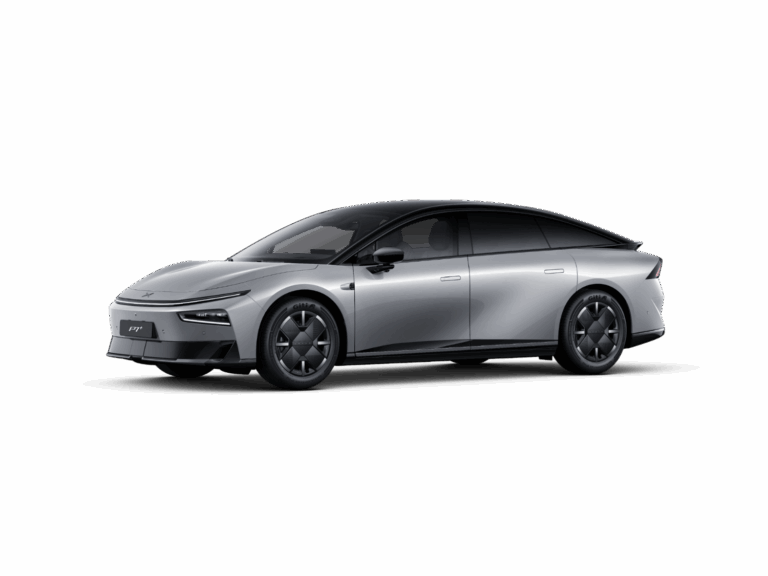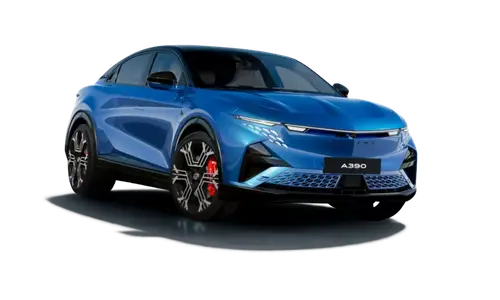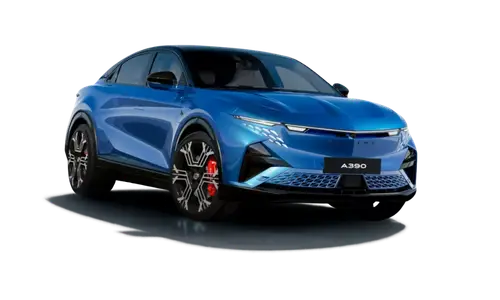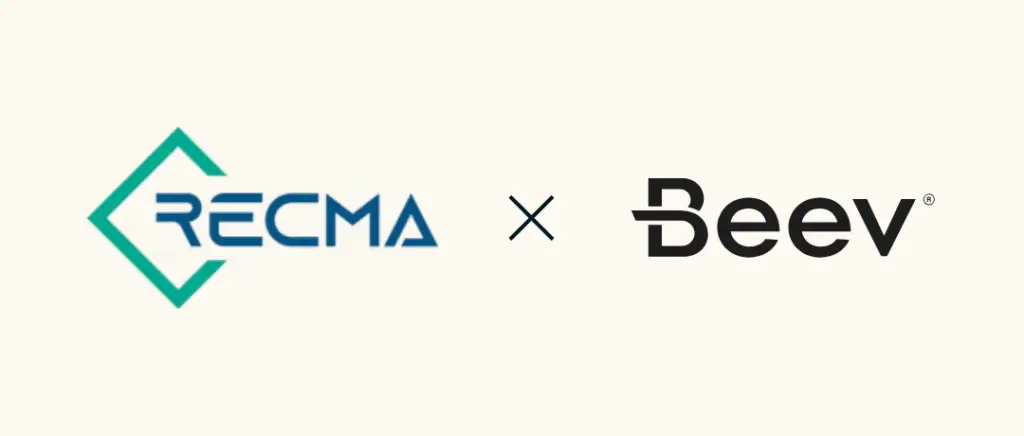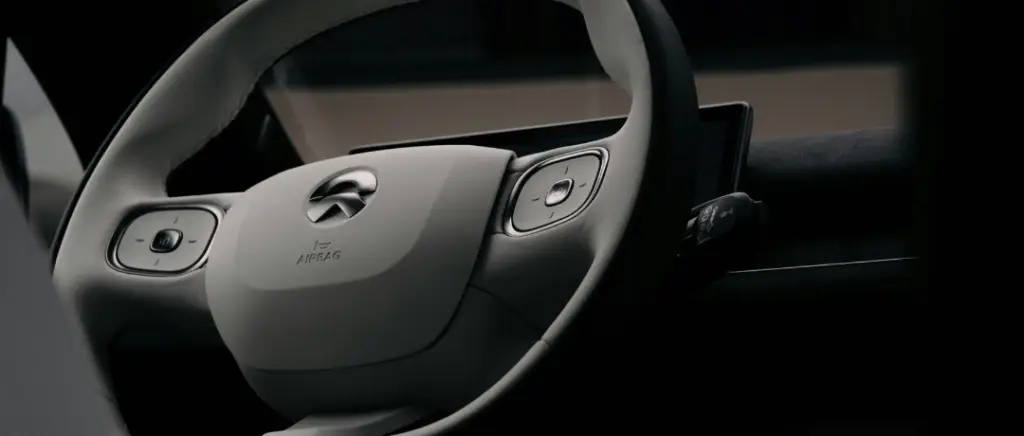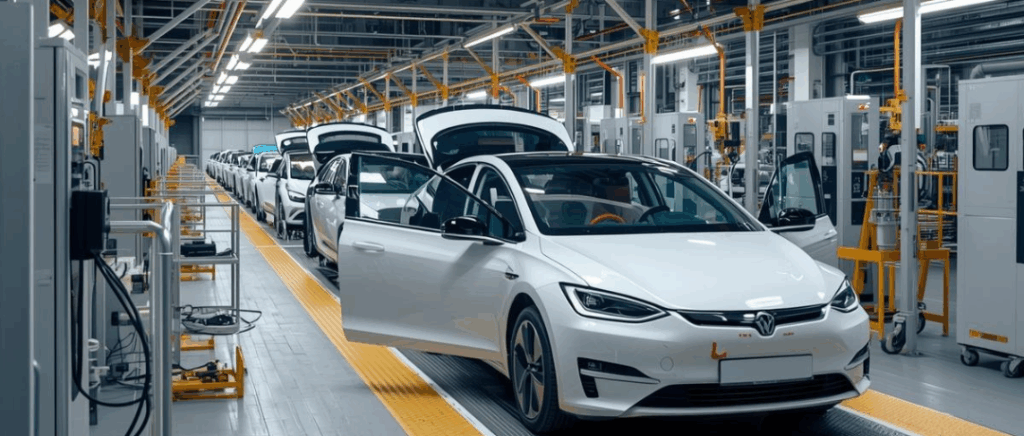your charging point
Small service stations in France: background
Between the fuel price hikes and the lack of recharging infrastructure, it is the small service stations that are the most vulnerable. To remedy this, the government is proposing a subsidy of up to 3,000 and 6,000 eurosallowing 880 small structures to apply the fuel discount until the end of 2022. But this is still not enough, given the development of electric cars in France.
To come to their rescue, the government has just set up another aid scheme to finance the installation of fast-charging stations in small service stations.
Government support for service stations
The switch to electric vehicles is a priority for the government. To ensure that all motorists have easy access to recharging, the government wants to speed up the installation of charging stations in small independent service stations.
To achieve this, the Tuesday 29 November 2022government aid has been announced: "Thanks to funding from the Supplementary Budget Act of August 2022, an envelope of 10 million is open to co-finance the deployment of charging points for electric vehicles at independent service stations."As mentioned by Bruno Le Maire (Minister for the Economy), Agnès Pannier-Runacher (Minister for Energy Transition) and Olivia Grégoire (Minister Delegate for SMEs, Trade, Craft Trades and Tourism).
What does this aid for the installation of service stations bring together?
To go into a little more detail about this aid, the expenses linked to this project are :
- infrastructure costs
- the installation of their facilities and landscaping work
- the cost of connection to the public electricity distribution network.
What are the conditions and who is eligible for this aid?
For service stations to have access to it, here are the conditions:
- be an independent service station
- structures selling less than 2,500 m³ of fuel per year
- the terminal must be installed and "localised in a municipality of intermediate or rural density according to the INSEE 7-level communal density grid."
These 4,000 service stationswho are eligible for this government assistance should apply to ADEME (Agence de l'environnement et de la maîtrise de l'énergie) since 1st December 2022.
To find out if your service station is eligible for this aid, you can go directly to aides-stations-service.ademe.fr. You will be asked to download an eligibility file at the end of a series of questions and to calculate the aid.
Aid for installing recharging points: how much is it?
As far as financing is concerned, the State will act as guarantor to finance up to 60 to 70 % of the cost of installing terminals with an output of between 50 and 150 kW.
For more details on the amount of aid, this will depend on the cumulative DC power of the installation.
Here is a summary table:
| Puissance cumulée en courant continu (DC) | Taux d’aide | Plafond de l’aide par entreprise et projet d’investissement (HT) |
|---|---|---|
|
Less than 75 kW DC
|
70 %
|
45,000 EXCLUDING VAT
|
|
Greater than or equal to 75 kW DC
|
60 %
|
60,000 EXCLUDING VAT
|
Good to know: this financial aid for the installation of charging points in small service stations can be combined with funding from the Energy Saving Certificates programme (CEE).
You want to order your Beev recharge card ?
Thanks to our card,recharge your electric car with ease at all the charging points available in Europe.
What documents do I need to provide?
To benefit from this aid, please complete the documents required by ADEME :
Before putting together your application, download the documents below. They will help you throughout the project:
Here are the documents required to complete your application:
- GNI
- CSV excel eligibility file (the document you downloaded after checking your eligibility)
- proof that it is technically impossible for people with reduced mobility to access at least one of the recharging points.
- complete the following documents:
Once you have completed and collected these documents, log on to your ADEME personal space. Once the organisation has validated the applications submitted, the grants will be paid at a later date.
For further information: Programme to support the deployment of charging infrastructure for electric vehicles at independent service stations.
In conclusion
At a time when the automotive market is booming, this financial assistance offered by the State will enable small service stations to develop electric vehicles and subsequently meet the needs of motorists outside the major cities.
The introduction of this scheme shows that there is also strong demand from motorists living in rural areas, and that the government wants to make electric mobility accessible to everyone.

















